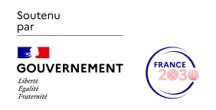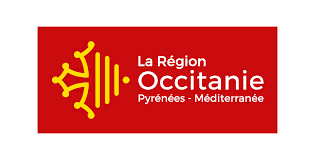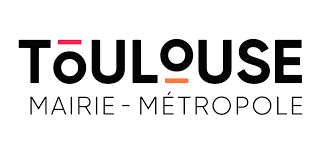Oral biosensors as new biomarkers to characterize frailty and biological aging
 The acquisition of data on health from oral tissues is valuable to follow and predict general health status and biological age. Indeed, the mouth is a complex ecosystem and thee first area of interaction between environment and organism that may be investigated. Samples will be analysed via transcriptomics, metabolomics and microbiome analysis to identify a biological age related signature including biovisual markers correlated with the individual phenotypes and predictive of their evolution.
The acquisition of data on health from oral tissues is valuable to follow and predict general health status and biological age. Indeed, the mouth is a complex ecosystem and thee first area of interaction between environment and organism that may be investigated. Samples will be analysed via transcriptomics, metabolomics and microbiome analysis to identify a biological age related signature including biovisual markers correlated with the individual phenotypes and predictive of their evolution.
Principal investigator of this study: Pr Philippe Kemoun – philippe.kemoun@univ-tlse3.fr
Molecular and organizational changes in the human oral mucosa during aging (MMOBUCC)

The aging of biological tissues carried by the PhyPol Team (CIRIMAT-UMR5085) for many years has enabled, through optimization of measurement protocols, to probe structural and dynamic low-surface biopsies from the molecular scale to the mesoscopic scale and to extract specific markers of aging.
The MMOBUCC study focuses on the aging of the oral mucosa and its associated biofilm: saliva. Its objective is to identify vibrational, thermal and dielectric markers and to follow the molecular and organizational changes induced by aging (intrinsic or induced by the wearing dentures) on a population of patients of different ages. This study is a prerequisite to redefine the specifications of the biomaterial best suited to the design of removable prostheses and to guide the choice of prosthetic biomaterials to come.
1 Physical polymers Team (Centre Inter-Universitaire de Recherche et d’Ingéniérie des Matériaux CIRIMAT – UMR 5085 )
Principal investigator of this study: Dr Marie-Hélène Lacoste-Ferré – lacoste.mh@chu-toulouse.fr
Skin and aging


The project is focused on the biology of skin aging with the aims (i) to establish a mapping of skin markers representative of the biological age, and (ii) to identify predictive markers of healthy aging and frailty to prevent dependency.
Principal investigators of this study:
Dr Planat Valérie – valerie.planat@inserm.fr & Dr Simon Michel – michel.simon@inserm.fr
Project AD Frail: Allogenic cell therapy to treat frailty and Alzheimer Disease (AD): Phase I/II
 (Supported by a national grant PHRC). The main objective of AD-Frail study is to determine the tolerance of intravenous administration of allogeneic ASCs in a mild to moderate AD stage. Secondary objectives are to assess the maximum dose (MTD) and to document a 6-month preliminary effect level of IV administration of ASC on various markers.
(Supported by a national grant PHRC). The main objective of AD-Frail study is to determine the tolerance of intravenous administration of allogeneic ASCs in a mild to moderate AD stage. Secondary objectives are to assess the maximum dose (MTD) and to document a 6-month preliminary effect level of IV administration of ASC on various markers.
Principal investigator of this study: Dr Julien Delrieu – delrieu.j@chu-toulouse.fr
Biomarkers of neurodegeneration
Using bio-sampling of our previous studies (MAPT, RCT with 1679 people 70 years or over; 5-year follow-up), researchers of the Toulouse University Hospital Gerontopole are investigating the relationships between plasma biomarkers of neurodegeneration (beta-amyloid, neurofilament, and progranuline) and outcomes of the disabling cascade, notably, intrinsic capacity domains (eg, cognitive function, mobility), frailty, and disability in daily life activities. The biomarkers measurements and the scientific investigations are performed in collaboration with the academic teams of Randall Bateman (Washington University in St. Louis) and John Morley (Saint Louis University).
Principal investigator of this study: Pr Bruno Vellas – vellas.b@chu-toulouse.fr
Omega-3 in red blood cells, imaging biomarkers, and cognitive function
Using bio-sampling and clinical and imaging data of the Alzheimer’s Disease Neuro-imaging Initiative (ADNI – ADNI3 data) the researchers of the Aging Institute (Gerontopole of Toulouse) will measure omega-3 (in particular, DHA and EPA) and will test its cross-sectional associations with imaging markers of cognitive function: the levels of brain amyloid load and tau (obtained by positron emission tomography – PET), the volume of hippocampus, and white matter hyperintensities. We may also test how these imaging markers mediate a potential association between omega-3 and cognitive function, as well as testing the eventual interaction between omega-3 and ApoE4 status to determine cognitive function.
Principal investigator of this study: Kelly Giudici (PhD) – kellygiudici@gmail.com
Composite score of intrinsic capacity – collaboration with WHO
In collaboration with the World Health Organization, researchers of the Toulouse University Hospital Gerontopole and Aging Institute are working in a project that aims to elaborate and validate a composite intrinsic capacity (IC) score that takes into account the multimodal nature of IC (cognition, mobility, psychological, vitality/nutrition, hearing and vision). This composite IC score will be useful to monitor IC trajectories over time and to predict care dependence among older adults, in accordance with the new model of healthcare proposed in the ICOPE guidelines. The IC score will be developed by a team from Pentara Corporation (Salt Lake City, USA), headed by Dr. Suzanne Hendrix, and based on data from several studies, using different populations and designs.
Principal investigator of this study: Philipe de Souto Barreto (PhD) – philipebarreto81@yahoo.com.br







